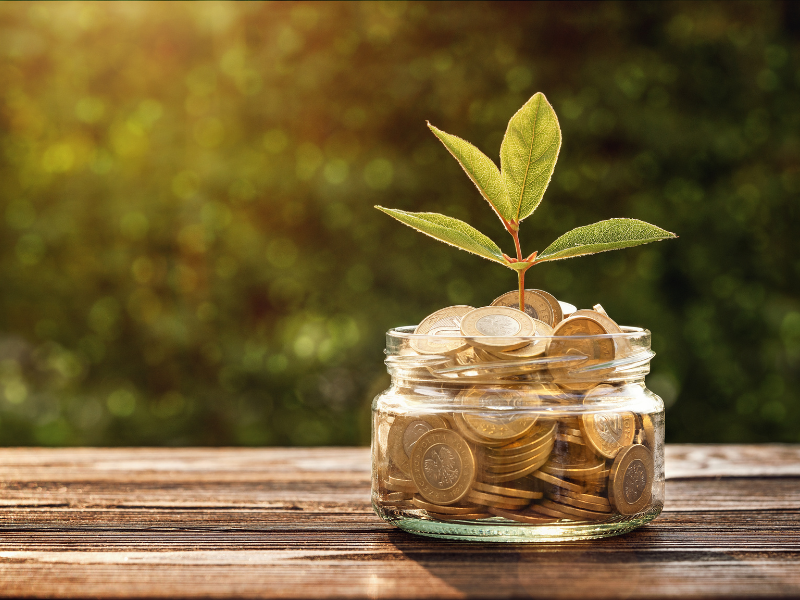If you are carrying a large amount of debt, it can feel hopeless and seem impossible to get yourself out of the situation. Debt can be very limiting and controlling, and your life can be lived much more freely when you don’t have that hanging over your head. However, there are steps you can take to start paying off what you owe and becoming debt-free.
.png)
1. Make a List
When tackling your debt, the best place to start is by making a list of all the debts you owe, to whom, and for what amount. You can organize this list with the largest amount going down or smallest amount going up. Total up the cost so it’s easy to see how much you owe and where. Having it all laid out will make the task of paying off your debt seem less daunting. Plus, crossing debts off the list as you pay them will give you momentum to keep going.
2. Track Payments on a Calendar
After making your list, lay out your payments on a calendar. This should also include deposits, such as paychecks. Write down when each bill is due and the typical amount, so you can see how much money is going in and out each month. This will help you manage your money and ensure timely payments.
Knowing your monthly expenses can also help you set up a budget. Plan how much to spend on specific expenses and stick to that number. Any extra money can be allocated toward paying off your debt.
3. Determine Your Goal
Once you know how much you owe and how your cash flows monthly, set a goal for when you want to pay off your debt. Determine a reasonable timeline based on your income and debt amount. Write down this goal, including your total debt and the months it will take to pay it off. This can range from 18 months to 5 years. Writing down your goal makes it more concrete and helps you stay committed to your plan.

4. Save Up Little by Little
Debt won’t disappear overnight, and it may take time to pay it back depending on how much you owe. Start saving money by reducing your budget in small increments. For example, cut back by $10 to $20 in different budget categories. These small savings should go directly toward your debt.
Savings can come from reducing discretionary spending, like dining out less, avoiding financing new purchases, or canceling unused subscriptions. You could also increase your income by taking on additional work, with that income specifically going toward paying off debt.
5. Use Cash
Many people fall into debt due to credit card overspending, as it doesn’t feel like using “real” money. When paying off debt, consider switching to cash for daily purchases. Using physical cash helps reduce impulse buys because you see the money leaving your hands, unlike with a credit card. Cash can help you stay on budget and avoid unnecessary purchases.
6. Seek Advice
If you’ve done everything and still feel stuck, consider seeking financial advice from a professional. You may be able to reduce the interest rates on some debts, especially as your credit improves by consistently paying bills on time. As your journey to becoming debt-free begins, closely monitor your cash flow to ensure you stay on track.
The hardest part of paying off debt is starting. Debt doesn’t have to last forever. Start by making a plan, setting a goal, and sticking to your budget. Little by little, your debt will shrink, and over time, you’ll become debt-free.










